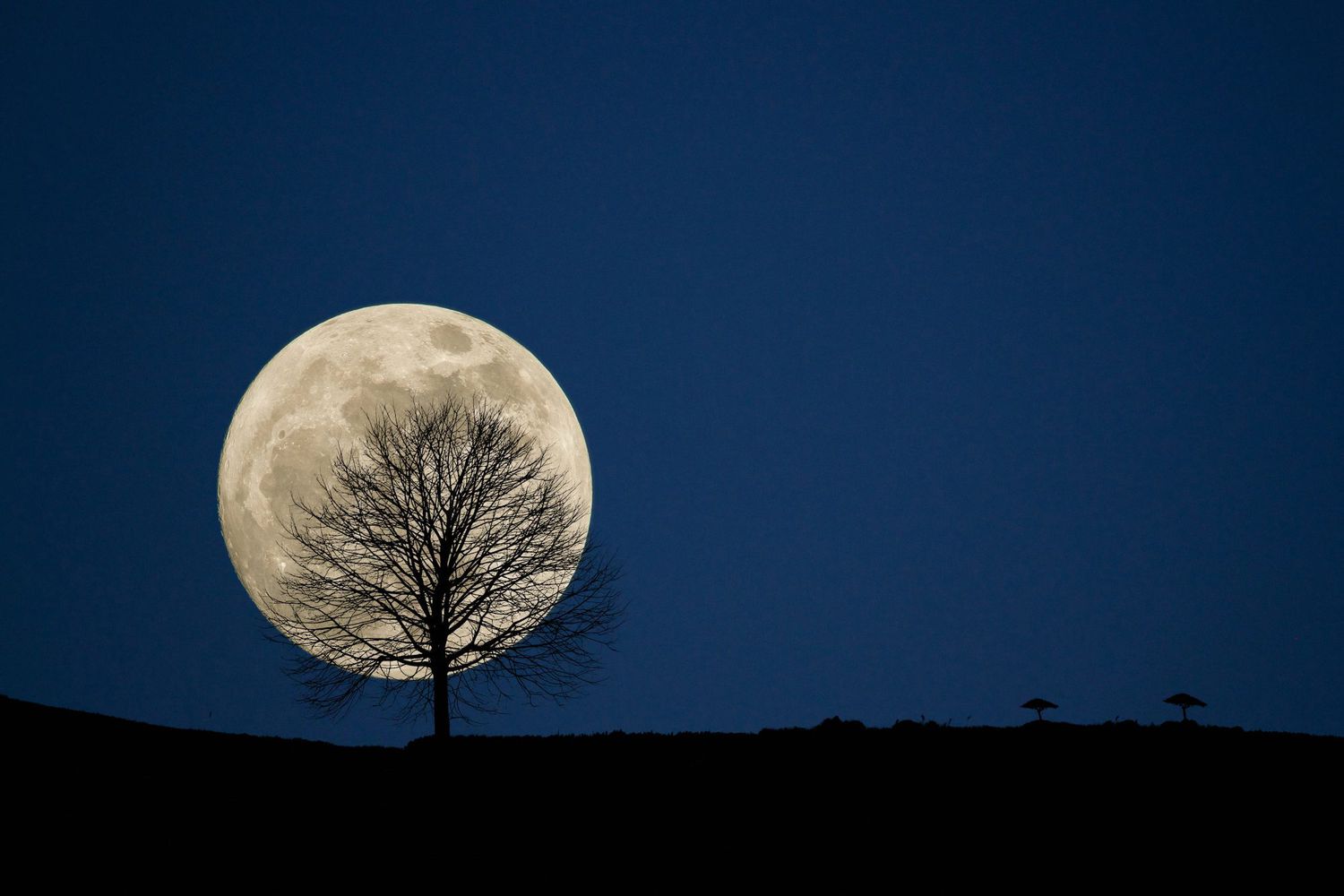
The Moon, Earth’s faithful companion, has graced our night skies for eons, shaping tides, guiding calendars, and inspiring poets. But what if this celestial dance were disrupted, and the Moon ventured out of its familiar orbit?
The Impact on Earth
Tidal Chaos
The Moon’s gravitational pull governs Earth’s tides, influencing coastal ecosystems and navigation. If the Moon strayed from its orbit, tidal patterns would shift dramatically, causing chaos for marine life and coastal communities.
Climate Upheaval
The Moon stabilizes Earth’s axial tilt, moderating our planet’s climate and seasons. Without its steadying influence, erratic weather patterns could emerge, disrupting agriculture, habitats, and human settlements.
Night Sky Changes
The absence of the Moon would transform our nocturnal landscape. Stargazers would witness celestial phenomena more clearly, but the loss of Earth’s natural satellite could evoke a sense of cosmic emptiness.
Effects on Life
Ecological Disruption
Marine species that rely on lunar cues for reproduction and migration would face existential threats. Terrestrial ecosystems, intricately linked to lunar cycles, could falter, jeopardizing biodiversity and ecosystem services.
Human Adaptation
Human societies, ingrained with lunar symbolism and rhythms, would undergo profound cultural shifts. Calendars, festivals, and rituals tied to lunar phases would evolve, reflecting humanity’s resilience and adaptability.
Technological Challenges
Navigational systems, reliant on lunar positioning for precision, would require recalibration. Space agencies, accustomed to leveraging lunar orbits for missions and communications, would need to reassess their strategies.
Cosmic Consequences
Gravitational Ripples
The Moon’s departure would trigger gravitational ripples across the solar system, subtly altering planetary orbits and cosmic dynamics. Astronomers would eagerly study these phenomena, unraveling new mysteries of the cosmos.
Impact on Space Exploration
Lunar exploration, once a cornerstone of human ambition, would undergo a paradigm shift. Missions to distant worlds might prioritize other celestial bodies, while lunar colonies envisioned by dreamers would remain in the realm of speculation.
Philosophical Reflections
The Moon’s absence might prompt existential introspection, inviting humanity to ponder its place in the universe and the fragility of cosmic order. Philosophers and poets would contemplate the profound implications of this celestial departure.
Conclusion
While the scenario of the Moon leaving its orbit remains firmly in the realm of speculation, contemplating such a possibility illuminates the interconnectedness of Earth and its celestial companions. The Moon’s enduring presence serves as a reminder of the wonders and mysteries that adorn our cosmic tapestry.






